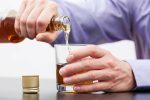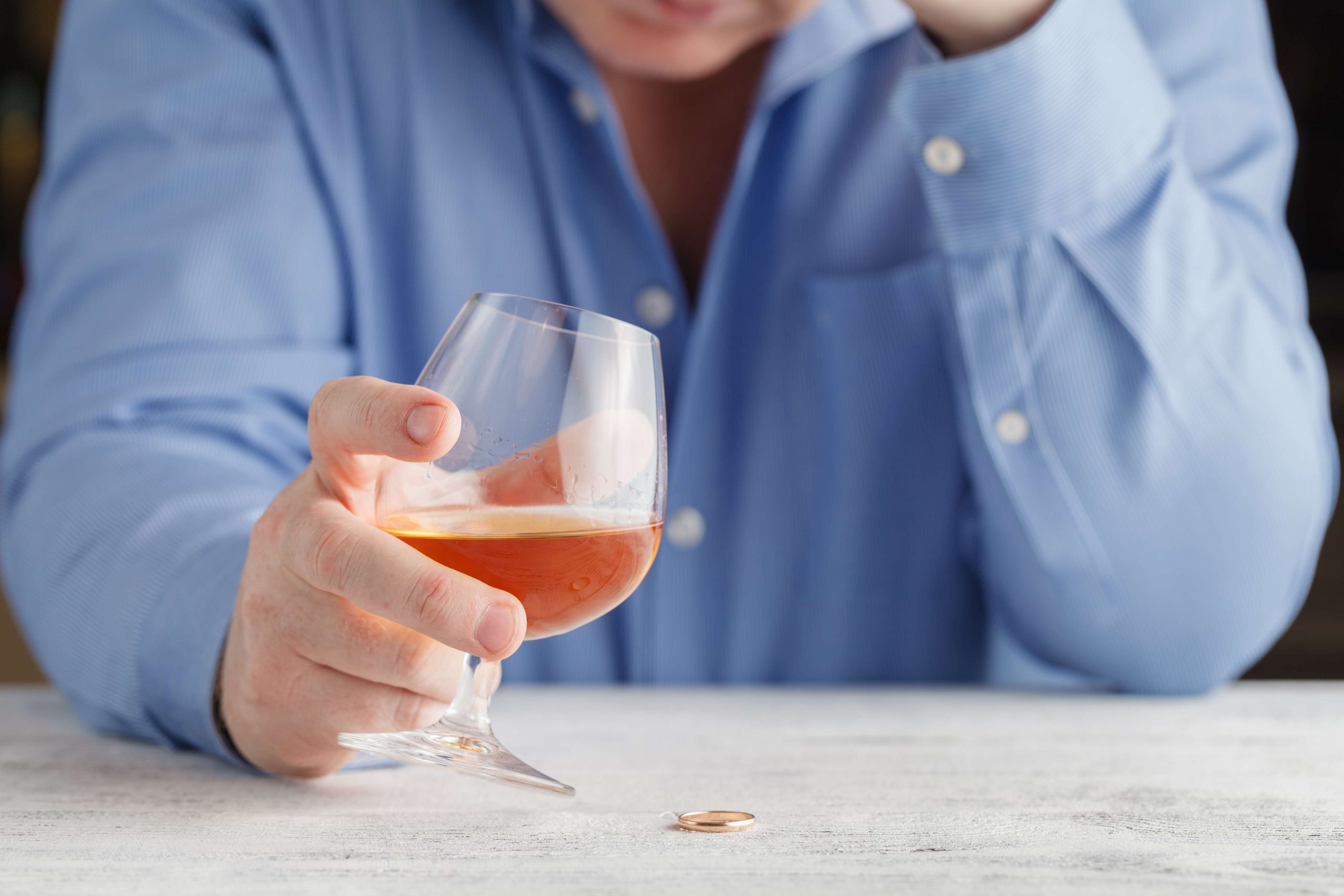Oxytocin receptor (OTR) is coupled to Gq types of G-protein coupled receptor (GPCR) in hypothalamus in the brain (e.g., cortical, limbic, and basal ganglia structures) where it exerts a variety of behavioral effects (Lee et al., 2016). Aripiprazole, is an atypical antipsychotic medication sold under the brand name Abilify. It is a partial dopamine agonist used to treat schizophrenia and bipolar disorder. Aripiprazole (ARI), is also used for the treatment of major depressive disorder (MDD), tic disorders and autism.

The results showed the pregabalin effects are similar to naltrexone in improving alcohol drinking indices, relapse rate and craving scores. In addition, pregabalin was more favorable in reducing the specific symptoms of anxiety, hostility and psychoticism and showed better outcome in patients reporting a comorbid psychiatric disorder (Martinotti et al., 2010). In another study, Addolorato & Leggio, 2010, has compared the effects of pregabalin with other medications for the treatment of AWS. In this study, 111 alcoholic patients suffering with AWS were randomized and given pregabalin (450mg/day), tiapride (800mg/day) and lorazepam (10mg/day) for 14 days.
Medications to Curb Alcohol Cravings
We usually experience failures along the way, learn from them, and then keep going. Individuals are advised to talk to their doctors about the best form of primary treatment. “If you don’t like taking pills, you already take too many pills, or you aren’t good at remembering to take pills, then this would be a tricky one,” he says.
Even though Rezai’s trial patients were awake during the procedure, they said they didn’t feel a thing. Intensive meditation, even after only one day, can also affect gene regulation in your brain through similar mechanisms. Attending a monthlong meditation retreat reduces the expression of genes that affect inflammation, and experienced meditators can reduce inflammatory genes after just one day of intensive mediation. Lifestyle choices can also affect gene expression in your brain, though researchers don’t yet know whether they can alter the changes induced by addictive substances. For example, alcohol can cause an alternative form of a gene to be expressed in the memory circuits in flies and people, resulting in changes in dopamine receptors and transcription factors involved in reward signaling and neuronal function.
What are possible side effects of medicines to treat alcohol use disorder?
Scientists are working to develop a larger menu of pharmaceutical treatments that could be tailored to individual needs. As more medications become available, people may be able to try multiple medications Alcoholic Narcissist: How the Two Conditions Are Related to find which they respond to best. When asked how alcohol problems are treated, people commonly think of 12-step programs or 28-day inpatient rehab but may have difficulty naming other options.
Thus, the complexities of ethanol-dependent and ethanol-independent behaviors that are altered by PPAR agonists provide evidence for novel behavioral actions of these drugs that may contribute to PPAR-mediated effects of alcohol drinking (Blednov et al., 2016b). Another medication Acamprosate, was approved by the FDA in the year 2006 and has been used along with counselling in the treatment of alcohol dependence (Plosker, 2015). It is sold under the brand name Campral and is thought to stabilize the balance of neurotransmitters in the brain that would otherwise be disrupted by alcohol withdrawal (Williams, 2005). Reports indicate that acamprosate works to best advantage in combination with psychosocial support and can help facilitate reduced consumption as well as full abstinence (Mason, 2001; Nutt, 2014).
Coping and support
Based on clinical experience, many health providers believe that support from friends and family members is important in overcoming alcohol problems. But friends and family may feel unsure about how best to provide the support needed. The groups for family and friends listed below may be a good starting point. In addition to choosing the type of treatment that’s best for you, you’ll also have to decide if that treatment is inpatient (you would stay at a facility) or outpatient (you stay in your home during treatment). Your healthcare provider can help you evaluate the pros and cons of each.
However, there is no drug that completely antagonizes the adverse effects of excessive amounts of alcohol. This review summarizes the drugs which are available and approved by the FDA and their mechanisms of action as well as the medications that are under various phases of preclinical and clinical trials. In addition, the repurposing https://en.forexdata.info/alcoholic-ketoacidosis-statpearls-ncbi-bookshelf/ of the FDA approved drugs, such as anticonvulsants, antipsychotics, antidepressants and other medications, to prevent alcoholism and treat AUDs and their potential target mechanisms are summarized. Baltieri et al, conducted a comparative study of topiramate and naltrexone for the treatment of alcohol dependence.
A person may begin taking disulfiram 12 hours after their last drink and should not drink alcohol while taking the medication. A healthcare professional may prescribe disulfiram to people who cannot take acamprosate or naltrexone. “Although medical management is somewhat more intensive than the alcohol dependence interventions offered in most of today’s health care settings, it is not unlike other patient care models such as initiating insulin therapy in patients with diabetes mellitus.” The FDA approved the use of naltrexone to treat alcohol use disorders in 1994. In addition to blocking the pleasurable effects caused by alcohol, naltrexone can curb cravings for the substance. A naltrexone pill is taken daily to relieve cravings, and the injectable form is taken monthly.


